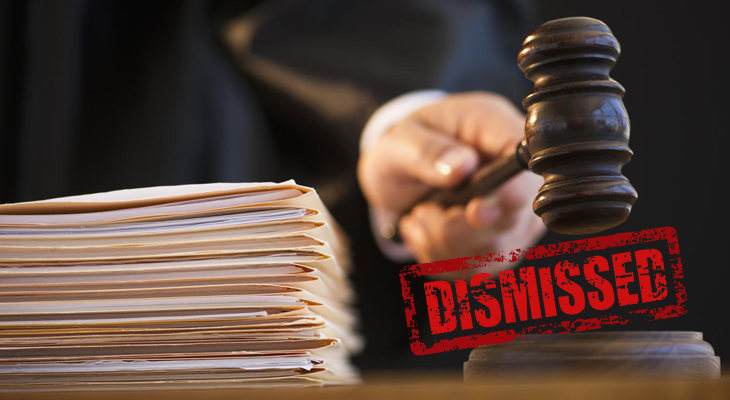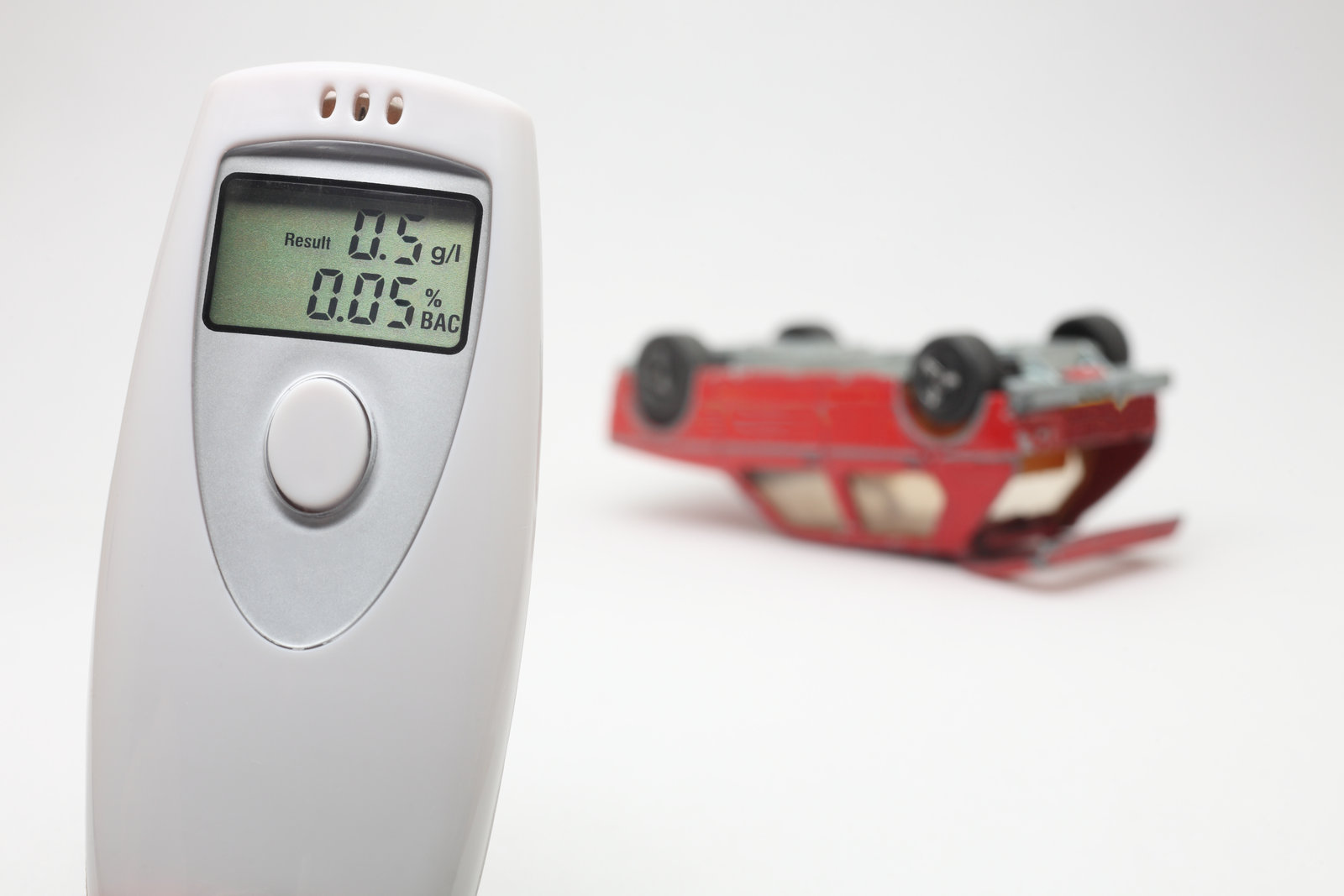Hearing the words “DUI dismissed” after being arrested for driving under the influence can feel like a second chance at life. Still, not every DUI charge ends in dismissal—and when it does, careful legal strategy, procedural flaws, or unusual circumstances usually drive that result. The legal system rarely hands out dismissals without reason. So what really makes it happen?
If you’ve been recently charged—or you’re trying to understand how someone managed to get their DUI dismissed—this article walks you through the process step by step. It explores the conditions that lead to dismissal, why those outcomes occur, and which tactics defense attorneys use effectively. Through real-life stories, we’ll show how the legal process unfolds in practical, relatable terms.

What Does It Mean to Have a DUI Dismissed?
When the court dismisses a DUI, the prosecution drops all charges, and the defendant faces no further legal action for that offense. There’s no trial, no sentencing, and no criminal conviction. In legal language, the case essentially disappears.
However, dismissal is not the same as a “not guilty” verdict. Dismissals typically occur before the trial phase—often during the early pretrial process. Usually, a successful legal challenge weakens the state’s case enough to eliminate the grounds for prosecution.
The Two Types of Dismissals
Voluntary Dismissal by the Prosecution
A prosecutor may drop a case after recognizing that the evidence is too weak or the legal footing is flawed.
Dismissal by the Judge
Judges can dismiss a case when the defense files a motion based on strong legal arguments—such as an illegal stop or lack of probable cause—and the court agrees.
Either type of dismissal represents a significant win for anyone facing DUI charges, but it’s never a guarantee and requires diligent legal work.
Real-Life Story: When a DUI Was Dismissed Because of a Faulty Stop
Consider the case of Devin, a 29-year-old software developer in Austin. He was pulled over for “swerving,” yet dashcam footage later proved otherwise. After being arrested and charged with DUI, Devin worked with a lawyer who requested all video evidence.
The footage revealed that Devin hadn’t violated any traffic laws. His attorney filed a motion to suppress all the evidence obtained following the unlawful stop. The judge agreed, and since the prosecution had no valid evidence left, the court dismissed the DUI.
Devin’s case shows how legal procedure—not just facts—can determine the outcome.
Key Legal Grounds for Getting a DUI Dismissed
Securing a DUI dismissed outcome involves understanding the core strategies used in courtrooms across the country. Although every case is unique, several common arguments often form the foundation for dismissal. Knowing how to recognize these legal flaws early can shift the case dramatically in the defendant’s favor.
1. Illegal Traffic Stop
Police officers need a valid reason—referred to as “reasonable suspicion”—before pulling someone over. Without it, any evidence collected afterward (like BAC results or admissions) can become inadmissible in court. A motion to suppress evidence obtained from an unlawful stop can often derail the prosecution’s entire case.
2. Lack of Probable Cause for Arrest
Even after making a traffic stop, officers must justify an arrest with solid indicators of impairment. If a driver behaves politely, shows no signs of intoxication, and passes field sobriety tests, the arrest may not hold up legally. Demonstrating this lack of cause can lead the court to rule the arrest unconstitutional.
3. Inaccurate or Improper Breathalyzer Testing
Breathalyzer machines must follow strict calibration and maintenance guidelines. If the equipment malfunctions or wasn’t properly certified, defense lawyers can challenge the test results and have them excluded. Courts often require detailed logs to verify that breath tests were administered within proper operating standards.

4. Chain of Custody Issues with Blood Samples
Blood samples must be handled with care throughout every stage—from collection to analysis. If the court identifies any gaps or mishandling, the evidence could be excluded, leading to a possible dismissal. Even something as minor as improper labeling can raise doubt about the reliability of the results.
5. Constitutional Violations
DUI cases sometimes involve violations of constitutional rights. If officers ignored a suspect’s right to an attorney, failed to give a Miranda warning, or forced a confession, the resulting evidence may be thrown out. These protections exist to prevent abuses of power and ensure a fair process from start to finish.
The Role of the Defense Attorney in Securing a Dismissal
Securing a DUI dismissed result requires far more than a request to the court. A qualified DUI attorney must dig into every detail, spot weaknesses, and push back aggressively when the state oversteps.
Strong defense lawyers will:
- Examine dashcam and bodycam footage closely
- Scrutinize arrest reports for discrepancies
- Demand maintenance logs for testing equipment
- Investigate officer credibility through prior conduct records
- File key pretrial motions that challenge the foundation of the prosecution’s case
These efforts combine into what many attorneys call a “death by a thousand cuts” strategy—each small challenge adds up until the state has no viable path forward.
Pretrial Motions: Where Dismissals Are Won
Most successful DUI dismissals stem from pretrial motions. These legal documents ask the court to exclude evidence or toss out charges.
- Motion to Suppress Evidence: If critical evidence (such as test results) was collected unlawfully, the court may suppress it.
- Motion to Dismiss: This motion argues that legal flaws—such as insufficient facts or due process violations—render the charges invalid.
When these motions succeed, prosecutors often have little choice but to drop the case.
Can a First-Time Offender Get Their DUI Dismissed?
Yes, but it depends on several factors. Judges and prosecutors are sometimes more lenient with first-time offenders—especially if the incident involved no property damage or injuries.
Judges may consider:
- Whether the individual has a clean criminal record
- Demonstrated remorse or willingness to cooperate
- Participation in voluntary alcohol education or treatment
- Completed community service before court appearances
Although these efforts can’t guarantee a DUI dismissed result, they often help attorneys negotiate reduced charges or alternative sentencing.
Deferred Prosecution and Diversion Programs
Some jurisdictions offer diversion or deferred prosecution programs. First-time offenders who meet eligibility criteria can participate in structured plans involving:
- Alcohol counseling
- Court-monitored classes
- A probation period
- Regular check-ins with a case manager

Upon successful completion, the court dismisses the DUI charge, preventing it from becoming a permanent conviction. However, failure to complete the program will reinstate the original charges.
Prosecutor Discretion: Why Some Charges Get Dropped
Sometimes prosecutors—on their own—decide not to move forward. This can happen for several reasons:
- The arresting officer is unavailable or unreliable
- The evidence has serious flaws
- The lab reports are delayed
- Local policies prioritize serious offenses over first-time DUI charges
When defense attorneys point out these vulnerabilities early in the case, prosecutors may choose to drop the charges before things escalate.
Expungement After a DUI Dismissed
Even if the court dismissed your DUI, the charge could still appear on background checks unless you take steps to remove it. Expungement—or record sealing—can clean up your record officially.
Benefits of Expungement
- Keeps your public record clean
- Increases employment and housing opportunities
- Eliminates awkward questions in interviews
- Shields your history from most background searches
In many states, including Texas, you can apply for expungement immediately after your case is dismissed. However, you’ll need to file a petition and sometimes attend a hearing.
Real-Life Story: Expunged and Employed
Lena, a senior at the University of Houston, got pulled over late one night. Though she failed thefield sobriety test, her BAC later came back under the legal limit. The prosecutor dropped the case. Her lawyer moved quickly and filed for expungement.
Today, Lena works in finance. Without that expungement, job offers requiring clean background checks might have slipped through her fingers.
The Emotional Side: What a Dismissal Means for Defendants
For people charged with DUI, getting the case dismissed is more than a legal victory—it’s a turning point. The fear of jail, the embarrassment, and the risk of a criminal record often weigh heavily on defendants. Many experience sleepless nights, strained relationships, and deep uncertainty about their future.
When the court dismisses a case, people feel a weight lifted. Many use the experience as a wake-up call. They seek help, rebuild reputations, and move forward with clearer intentions. For some, it’s also a chance to reclaim their dignity and reestablish stability in their personal and professional lives.
Attorneys understand that a dismissal isn’t just paperwork—it’s a path to restoration. They know their advocacy can alter the course of someone’s life, not just their legal record.

Conclusion: Understanding the Road to a DUI Dismissed Outcome
The term “DUI dismissed” may sound simple, but the process behind it involves rigorous legal maneuvering and careful timing. Dismissals don’t happen by luck—they result from strong advocacy, procedural precision, and persistent defense work.
Whether your case involves a faulty stop, a questionable test, or a favorable judge, your best shot at dismissal lies in acting quickly and hiring a skilled attorney. Don’t wait for the case to unfold. Start building your defense immediately.
The sooner you act, the better your chances of hearing those words every defendant hopes for—DUI dismissed.


